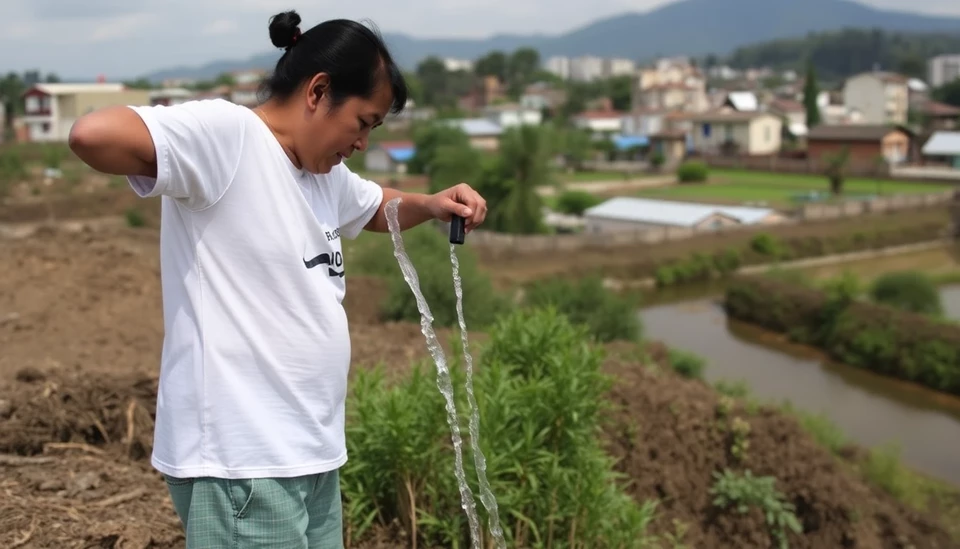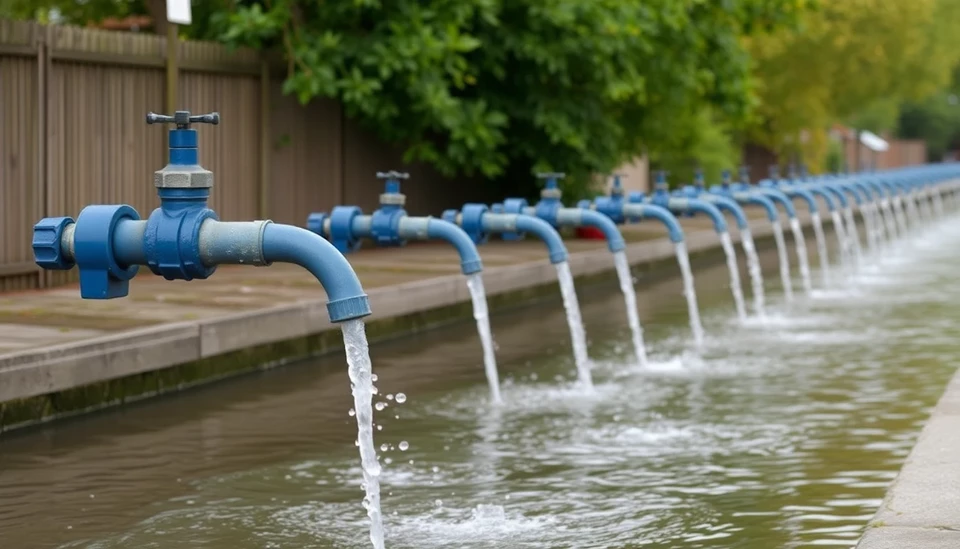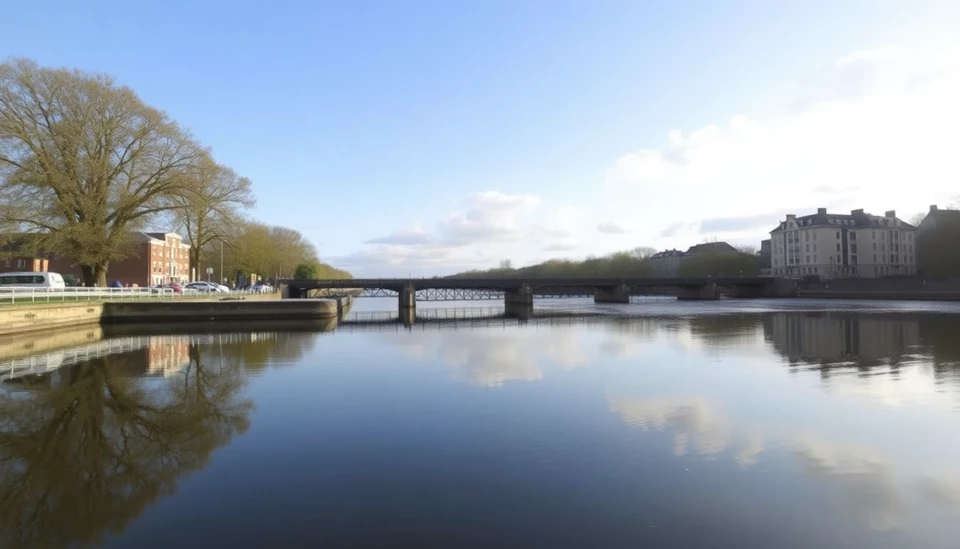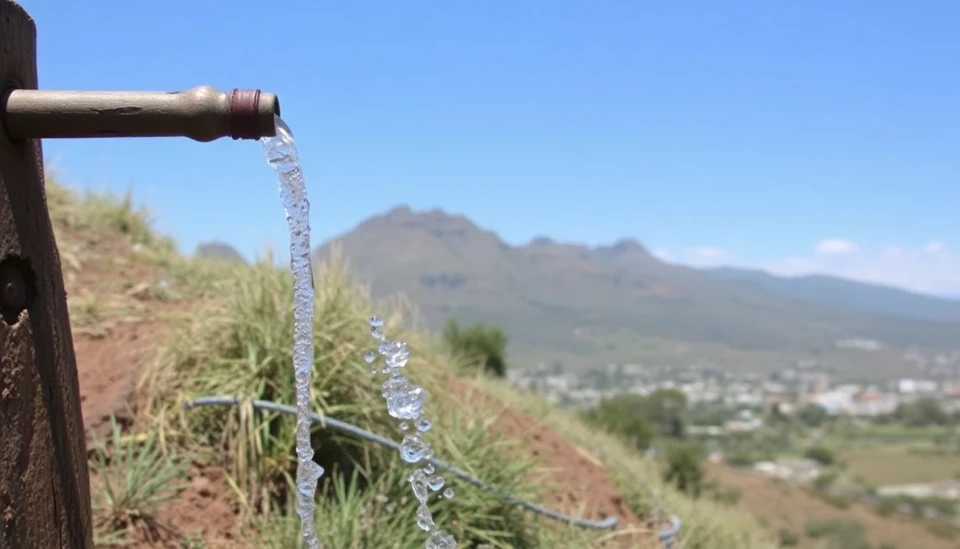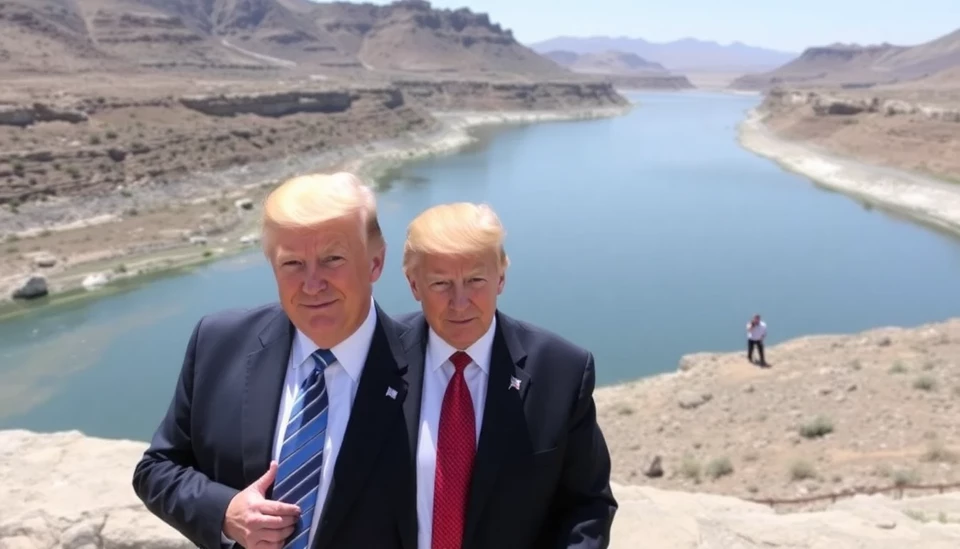
In a dramatic shift in policy, former President Donald Trump has issued a directive to place California's water supply under federal control. This decision, set against the backdrop of ongoing debates about water management, is aimed at addressing what Trump described as a crisis exacerbated by state regulations he claims hinder water distribution and agricultural production.
The announcement came during a press conference where Trump criticized the state government's handling of water resources, especially amidst ongoing drought conditions that have plagued California for years. He argued that federal oversight is necessary to ensure that farmers and local communities receive adequate water supplies, which he emphasized are critical for sustaining agriculture and supporting the economy.
While specifics of the new control measures were not fully outlined, the federal government will likely enforce regulations intended to streamline water allocation and prioritize access for agricultural needs. Trump's administration has previously been a vocal advocate for expanding water access, often prioritizing farmers and rural communities in his policies.
Opponents of the directive, including environmental groups and state officials, have expressed grave concerns over the implications of federal intervention. Critics argue that such a move undermines California's local governance and could lead to further ecological damage, particularly given the state's intricate water ecosystem. They worry that prioritizing agricultural water use could detract from conservation efforts that are critical during periods of drought.
In response to the directive, California’s Governor called for a united front, stating that the state is best suited to manage its water resources given its unique geographic and climatic conditions. He emphasized that local officials have more direct experience and stake in the management of water supplies than federal agencies. This clash between state and federal authority raises questions about governance and the balance of power in managing natural resources.
The move has also reignited discussions on the long-standing issues of water rights and entitlements, which have been contentious topics in California for decades. Water rights in the state stem from various historical agreements and laws, and Trump’s actions may prompt a reevaluation of existing entitlements and their allocation.
As this situation develops, stakeholders from various sectors, including agriculture, environmentalists, and local governments, are preparing for possible legal challenges and advocacy campaigns, emphasizing the complexities of water resource management in one of the nation's most populous states.
The long-term impacts of this federal control remain to be seen, but Trump’s directive signals a decisive shift in how water management policies could unfold in the future, setting the stage for potential conflicts between state and federal interests.
As the situation evolves, many are calling for a collaborative approach to addressing water scarcity without compromising the needs of Californians and the environment alike.
#WaterCrisis #California #Trump #FederalControl #WaterManagement #Agriculture #EnvironmentalPolicy #WaterRights #LocalGovernance
Author: Megan Clarke
